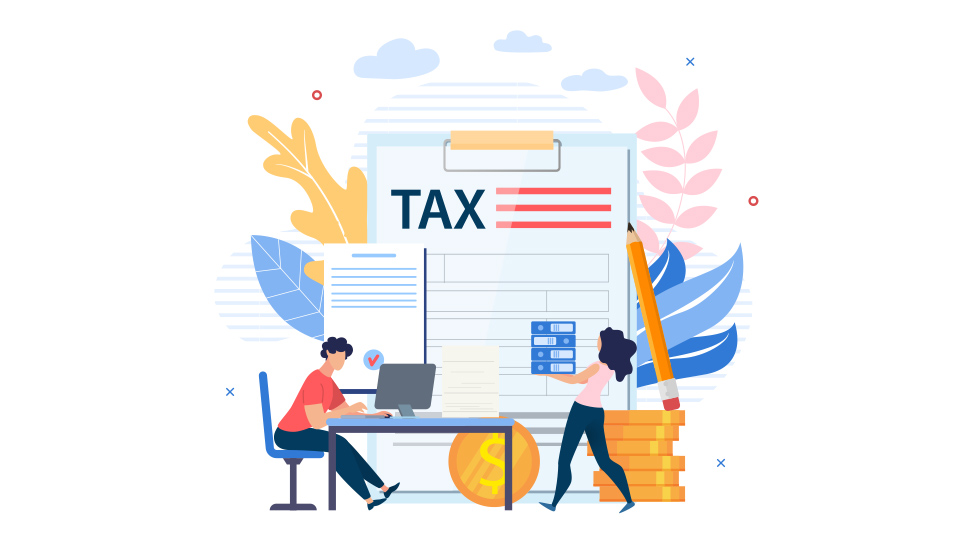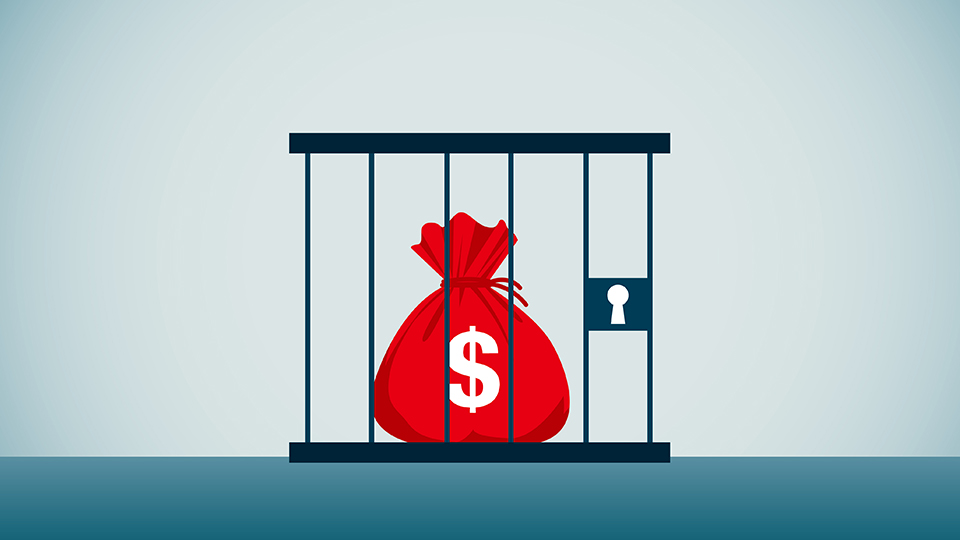June 18, 2020
How to prepare your superannuation for end of financial year 2019-20

There’s no better time to look at the different ways to grow your superannuation than the end of the financial year (EOFY).
If you have superannuation, then you should review your super prior to June 30 this year to make sure you are getting all the tax advantages that you are entitled to.
Here are the main superannuation and tax considerations for EOFY 2019-20:
What taxable contributions can be made for the year ended June 30, 2020?
Concessional contributions
Concessional contributions are contributions that somebody is claiming a tax deduction for, such as an employer or an individual.
The concessional contribution cap is $25,000 per member for the 2019-20 financial year. Any excess above the concessional contribution cap is taxed at the individual’s marginal tax rate.
Concessional contributions include:
- Superannuation guarantee contributions (SGC)
- Employer voluntary / extra contributions such salary sacrificing
- Member taxable contributions (claimed as a deduction in personal ITR).
If you have received employer contributions in 2019-20, consider doing personal taxable contributions to get you up to the $25,000 cap limit. The higher your income, the greater the tax savings.
Carry forward provisions
You can carry forward concessional contributions if your total superannuation balance (TSB) is less than $500,000.
The unused contributions can be carried forward for five years, with the first year used in the 2019-20 year.
If your superannuation balance is less than $500,000, consider if you have carry forward concessional contributions that can be made prior to June 30, 2020.
Work test
If an individual is under 65, there is no work test required to be able to make a contribution.
If an individual is aged between 65 to 74, they must meet the work test to be able to make a contribution.
The work test is working 40 hours for remuneration over a 30-day period at least once during the year.
Splitting of contributions
An individual is able to split their concessional contributions that are made on their behalf with a spouse, subject to meeting the requirements.
The main reasons that an individual would want to split contributions are to:
- Assist with the limit of only being allowed to have $1.6 million to start an account-based pension with
- Assist with ability to make non-concessional contributions given the cap limit also of $1.6 million
- Assist with the ability to use the carry forward provisions given the member balance cap of $500,000
- Age differences between spouses and the ability to access benefits at an earlier date
- Centrelink advantages by minimising a member’s account
- Allowing a member to have sufficient superannuation to be able to pay life insurance.
Spouse rebate for superannuation contributions
A spouse rebate for superannuation contributions can be claimed up to a maximum of $540, subject to meeting the requirements.
If your spouse earns less than $37,000 per year and you contribute $3,000 into superannuation for them you can claim a tax rebate of $540 for the year ending June 30, 2020.
What tax free contributions can be made for 2019-20?
Non-concessional contributions (NCCs) are contributions that an individual is not claiming a tax deduction for. The NCC cap is $100,000 for the 2019-20 year.
Members aged 65 and under have an option to contribute up to $300,000 over a three-year period, depending on their total superannuation balance (TSB).
The rule works as follows:
| Total super balance | NCC and bring forward $ |
| < $1.4M | $300,000 over 3 years |
| > $1.4 & < $1.5M | $200,000 over 2 years |
| > $1.5 & < $1.6M | $100,000 over 1 years |
| > $1.6M | $0 (nil) |
It is essential that making NCCs be carefully be reviewed in terms of the cap rules prior to a contribution being made.
To make a non-concessional contribution, a member must meet the work test:
- If under 65, no work test is required, and
- If aged 65 to 74, they must meet the work test (40 hours over a 30-day period).
Account based pensions (ABP)
If you are receiving an ABP, you must make sure that the required minimum pension is paid prior to June 30, 2020.
If the minimum pension is not paid for the year, the superannuation fund will lose its tax-free status.
The required minimum pension to be paid by June 30, 2020 is:
| Age | Minimum % |
| < 65 | 4% (reduced to 2%) |
| 65-74 | 5% (reduced to 2.5%) |
| 75-79 | 6% (reduced to 3%) |
| 80-84 | 7% (reduced to 3.5%) |
| 85-89 | 9% (reduced to 4.5%) |
| 90-94 | 11% (reduced to 5.5%) |
| 95+ | 14% (reduced to 7%) |
Keep in mind that the Australian government has legislated that only 50% of the minimum pension needs to be paid for the 2019-20 and the 2020-21 financial years due to the economic impact of COVID-19.
Talk to the superannuation experts at LDB
If you have questions about EOFY 2019-20 or need help getting your super ready, LDB can help.
Our trusted superannuation and wealth management team can help you every step of the way.
To speak with one of our experienced financial advisors, give us a call on (03) 9875 2900 or send us a message via the contact form below.







